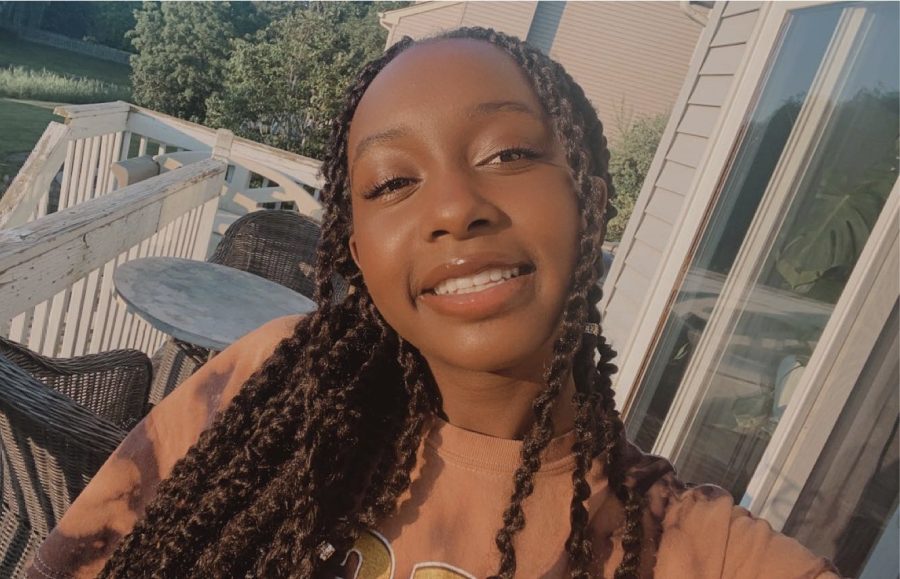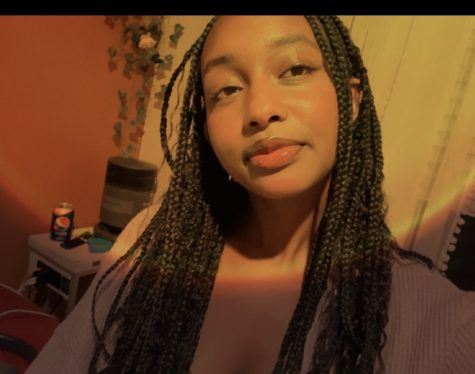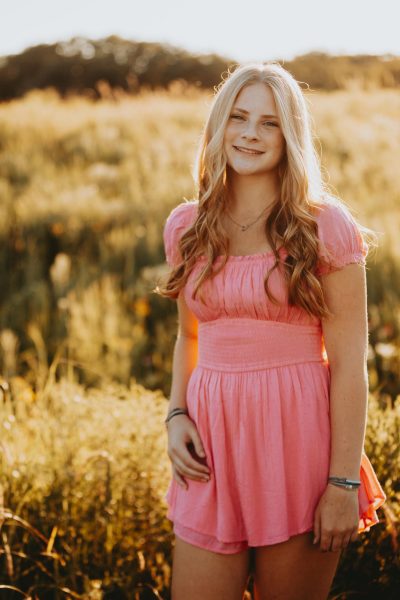Column: Illustrious Imani
“What’s up with your hair?” This is a question that was commonly and yet innocently asked by my unknowing elementary school friends. As a Black woman, I have worn many kinds of hairstyles in my life. Protective hair styling is something that I have always known, culturally, racially, and socially. I find it so beautiful that people of color can do so many different things with their hair. Whether it is worn in box braids, done into dreadlocks, or worn in curls, the options are endless.
Growing up I rarely wore my hair natural. It was not consciously or intentionally done out of shame or embarrassment but mainly due to the stress free life I lived as a nine-year–old with cornrows or box braids. Unfortunately, though along with the ease of wearing my hair in a protective style, came the questions my younger peers had for me. Many of my friends had no idea how I got my hair to look a certain way and were extremely interested. Without knowing why, each question felt like blows to my heart. Each of them sounded more condescending and insulting as I heard them. I despised having to explain why my hair was a different color or length. The constant wondering and questioning made me feel more different than I already was, more alien. I felt as if I was something to study or examine. I believed that because they did not know of my culture, and I was the only one available to explain, that I was not really a part of the classroom.
Eventually those innocent reasons why I wore my hair natural became excuses to blind me from the truth. I hated the idea of wearing my natural hair. In fact, I would cry at the idea of it, especially to school or somewhere public. The questions only added to the shame, embarrassment, and unease I felt. I didn’t want to be different especially if that meant I had to stand out from everyone else. This feeling I felt as a nine-year-old girl is not a feeling unknown by any other person of color. Many people today wear their hair straight instead of it’s usual curls or in protective hairstyles to avoid having to wear their hair natural all because society has made them believe their true self, their natural self is not beautiful. “…but some Black and Latina women also say they feel social pressure to wear their hair in a style that reduces microaggressions and discrimination in workplace settings,” it says in “When it comes to their hair, Black women face a difficult choice“ from CNN.com.
Beyond how one may wear their hair is the constant feeling of having to be the version of yourself that most people would like that confines us into people that are not our true selves. According to an article from herculture.com, we should not conform to the social beauty standard the outside world gives us; we must fight to be the people we want to be in order to really thrive in this world.
According to MentalHealth.org, “…body dissatisfaction has been linked to risk-taking behaviors and mental health problems.” A survey “found that 36% agreed they would do ‘whatever it took’ to look good, with 57% saying they had considered going on a diet and 10% saying they had considered cosmetic surgery,” it stated in the article, “Body Image in Childhood” from MentalHealth.org.
We’ve all grown up in a world of persuasion, persuasion to change, to not love yourself and worst of all persuasion to want to be someone else.
“Sometimes we are the person that others want us to be. And sometimes we are the person that we ‘think’ others want us to be,” it read in “How To Be Yourself ( And Not Who Others Want You To Be)” from herculture.org.
The moment we all decide to be who we are and not who we think others want us to be is the moment we each will flourish in the most beautiful and wonderful way possible. This world is powered by “beautiful” people telling us how to be like them. In reality, we are all beautiful, and each of us has our own kind of beauty. Don’t waste your life trying to be an artificial, unrealistic type of beautiful when you can work on making yourself the type of person you want to be.



